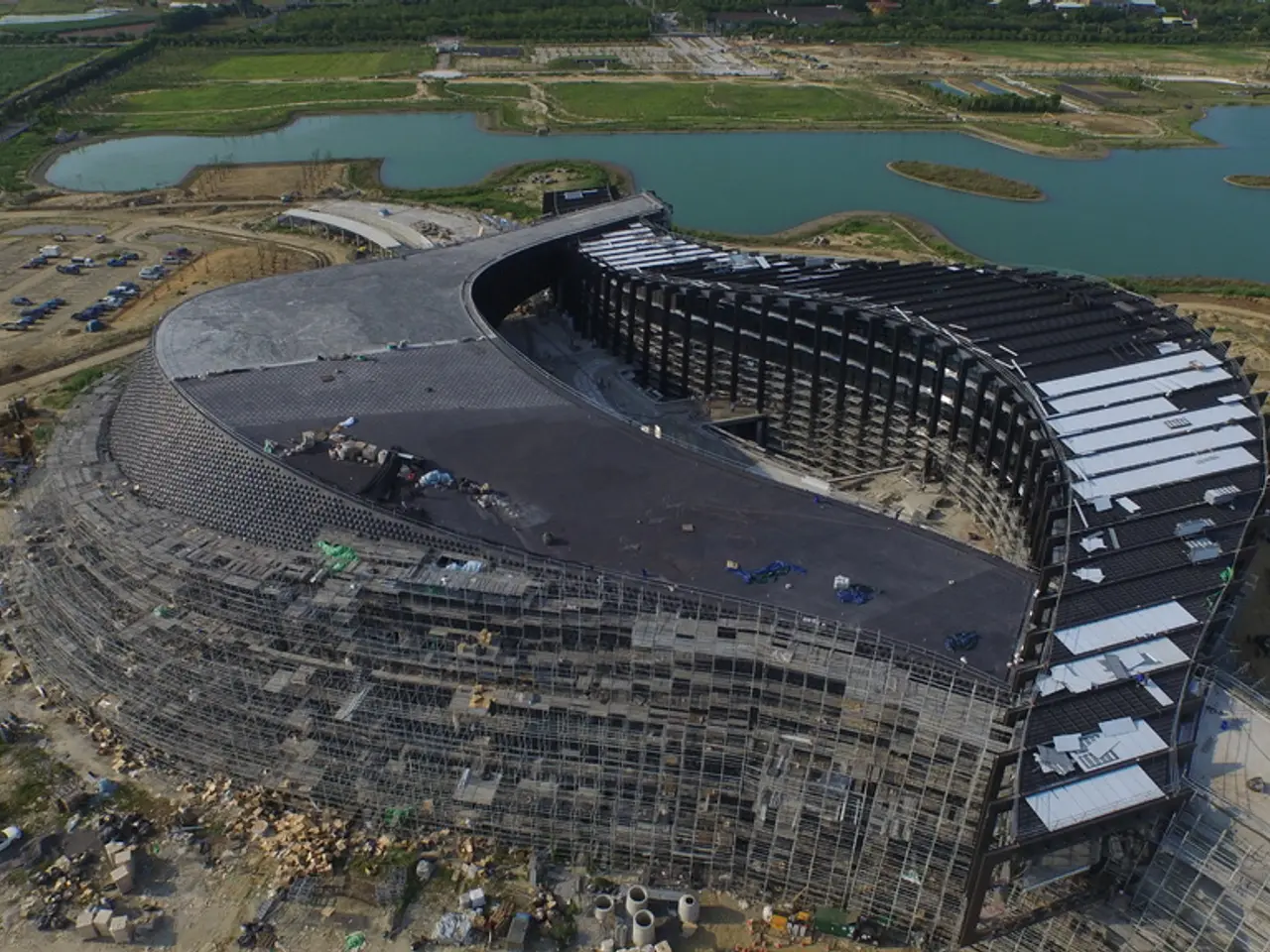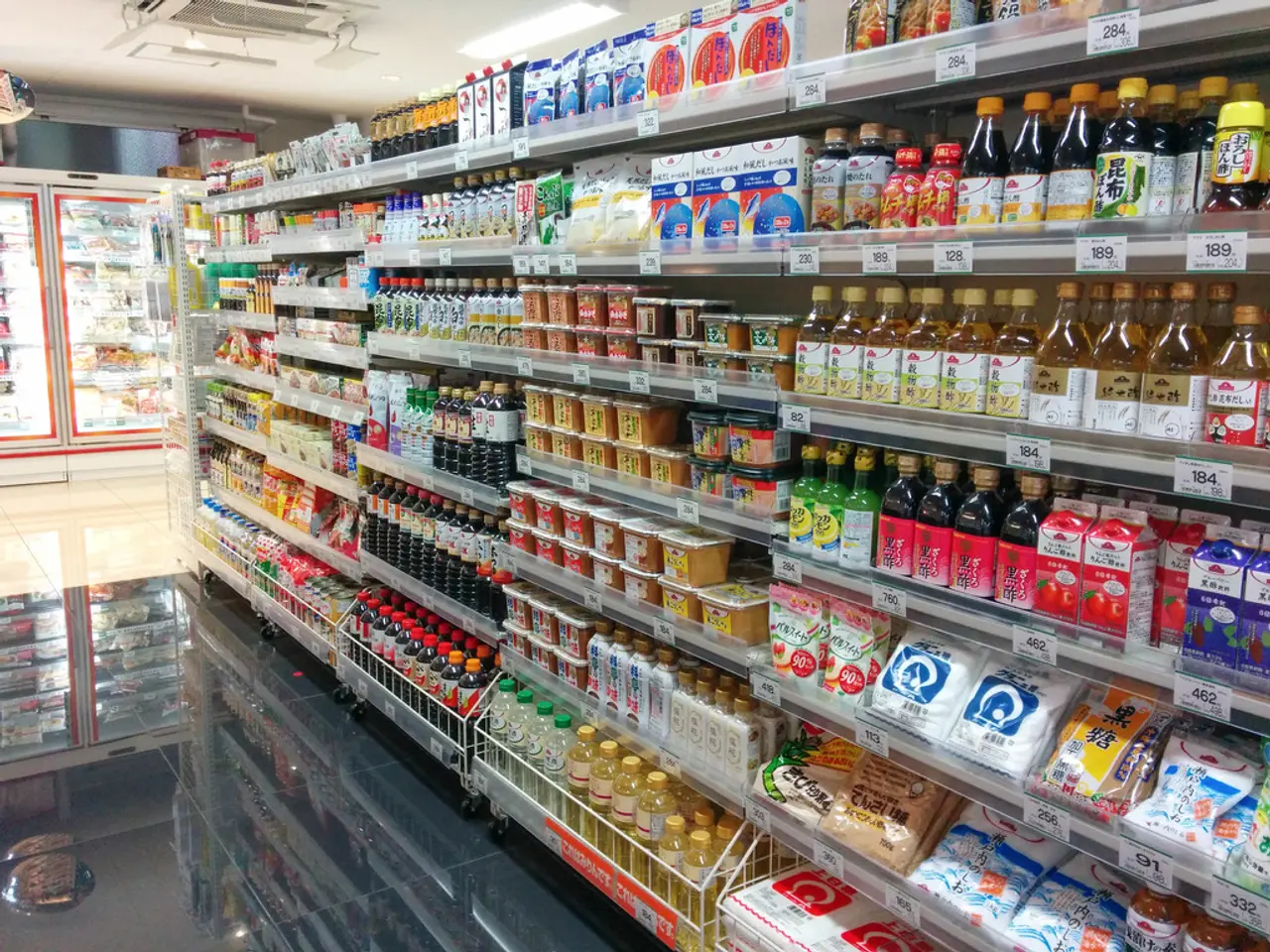Vietnam requires substantial policy modifications to align Foreign Direct Investment (FDI) with national objectives
Vietnam Shifts Focus Towards Comprehensive Reform of Investment Policies
Vietnam is embarking on a significant journey to reform its investment policies, with the aim of attracting high-quality, value-added, and technology-intensive foreign direct investment (FDI) that aligns with national industrialization and socio-economic development goals.
According to a joint seminar held by the National Institute for Economics and Finance (NIEF) and Konrad Adenauer Stiftung (KAS), the reforms will focus on several key areas.
Firstly, Vietnam needs to transition from relying primarily on low labor costs and broad incentives to building a transparent, predictable, and rules-based investment environment. This shift from cost-based incentives to institutional trust and governance will help build long-term investor confidence and attract strategic, value-added foreign investors.
Secondly, the current system of investment incentive policies is scattered, lacking focus, and not associated with clear binding conditions. To address this, a more targeted, performance-driven, conditional approach is proposed, replacing blanket or uniform incentives with those that align with specific industrial and development goals.
Thirdly, a national coordination mechanism is necessary to end the race to the bottom with incentives among different provinces in Vietnam. This mechanism will help develop clear coordination between central and local authorities, managing FDI attraction under a unified national plan and strategy.
Fourthly, Vietnam must address bottlenecks in labor and infrastructure to remove barriers for investors. Strengthening cooperation between government, educational institutions, and FDI enterprises is essential for developing a high-quality workforce tailored to the industry needs.
Fifthly, the government should continue streamlining institutions to become more agile, transparent, and responsive. This includes reducing ministries and agencies inefficient overlaps, formalizing procedures, and replacing discretionary systems, making the investment climate more predictable and trustworthy to investors.
Sixthly, Vietnam needs to deploy national supplier development programs that help domestic suppliers improve management, technology, and access to credit, facilitating stronger linkages between FDI projects and local businesses.
These changes together reposition Vietnam as a sustainable destination for foreign investment, moving away from its current status as a low-cost manufacturing hub.
The manufacturing sector in Vietnam is strong, but it still lacks technological applications and added value. FDI inflows can help improve industrial capacity and shift the economic structure towards industrialisation, but they also pose challenges. For instance, FDI enterprises in polluting sectors may tend to move to countries with loose environmental regulations to reduce costs, posing a risk of Vietnam becoming a 'pollution paradise'.
Vietnam's economic structure has improved, with the contributions of industry and services to GDP increasing from 73.5% in 2021 to 79.9% in 2024. However, Vietnam still relies heavily on foreign capital flows, which can create a potential brain drain. Building competitive domestic industries is crucial to ensure Vietnam's sustainable growth.
The seminar highlighted that Vietnam has yet to develop competitive domestic industries and increasingly relies on the FDI sector. Internal weaknesses in industrial policies and limited technology absorption capacity of domestic enterprises can lead to negative impacts of FDI. Therefore, strengthening the capacity of domestic enterprises, building genuine supporting industries, and focusing on creating a breakthrough in workforce development, especially for highly skilled workers, are essential.
In conclusion, Vietnam is aiming to achieve fundamental changes in policymaking to attract FDI. These changes underscore the importance of governance capacity, strategic coordination, and human capital development to maximize FDI’s contribution to Vietnam’s industrial ambitions.
- Vietnam's comprehensive reform of investment policies aims to attract technology-intensive foreign direct investment (FDI) that aligns with national goals, moving away from its status as a low-cost manufacturing hub.
- To build long-term investor confidence and attract strategic investors, Vietnam is transitioning from cost-based incentives to a transparent, predictable, and rules-based investment environment.
- The reformed investment policies will focus on a more targeted, performance-driven, conditional approach, replacing blanket incentives with those that align with specific industrial and development goals.
- A national coordination mechanism is necessary to manage FDI attraction under a unified national plan and strategy, addressing the current issue of incentive competition among different provinces.
- To remove barriers for investors, Vietnam must address bottlenecks in labor and infrastructure, strengthening cooperation between government, educational institutions, and FDI enterprises to develop a high-quality workforce.
- The government should deploy national supplier development programs to help domestic suppliers improve management, technology, and access to credit, facilitating stronger linkages between FDI projects and local businesses in the environment sector.
Additionally, Vietnam needs to address economic challenges posed by FDI, such as potential brain drain, environmental concerns, and the development of competitive domestic industries. The seminar highlighted the importance of governance capacity, strategic coordination, and human capital development to maximize FDI’s contribution to Vietnam’s industrial ambitions.




